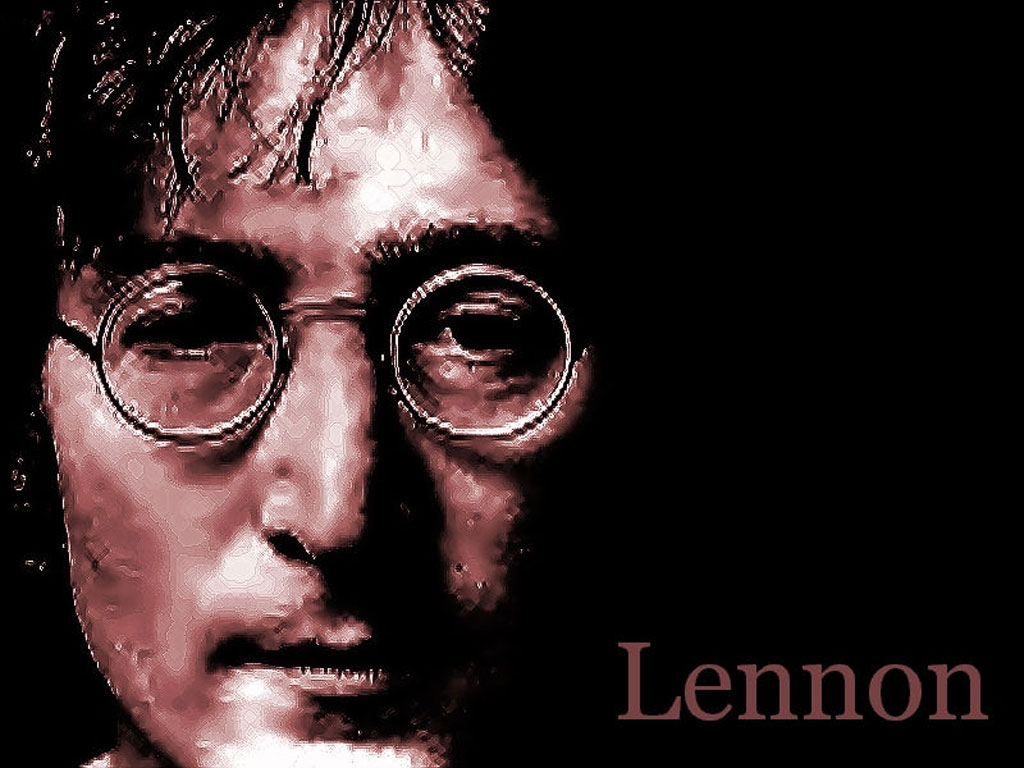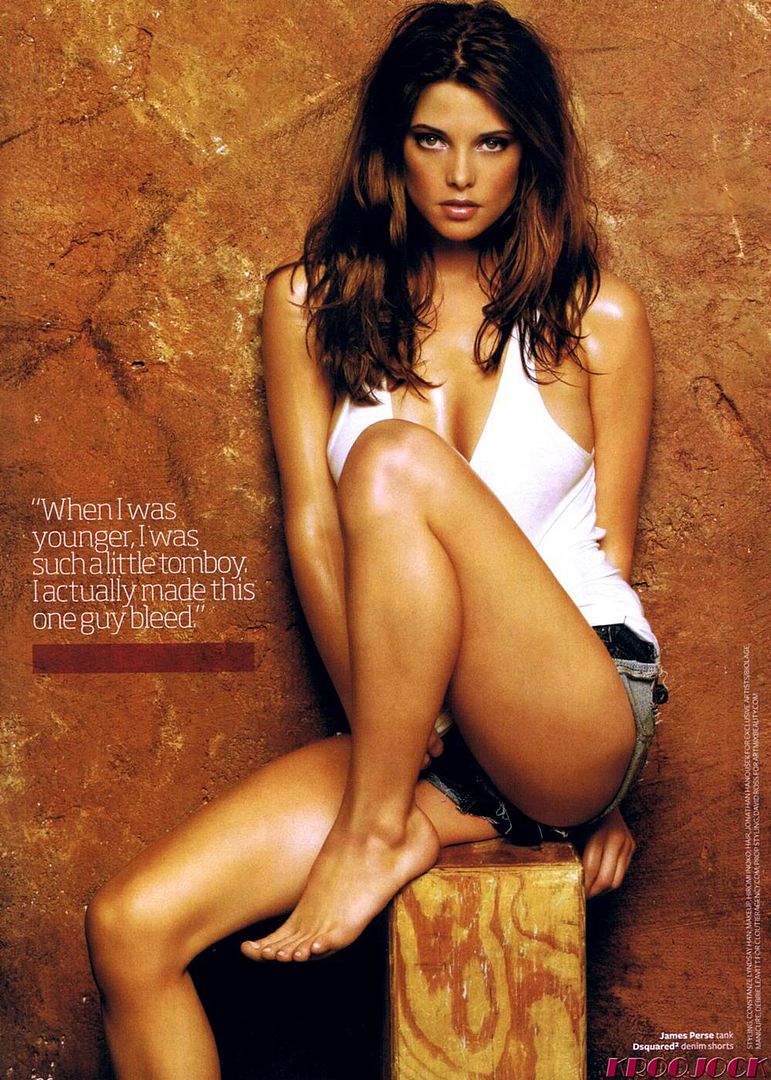Born and raised in Liverpool, Lennon became involved as a teenager in the skiffle craze; his first band, The Quarrymen, evolved into The Beatles in 1960. As the group disintegrated towards the end of the decade, Lennon embarked on a solo career that produced the critically acclaimed albums John Lennon/Plastic Ono Band and Imagine, and iconic songs such as "Give Peace a Chance" and "Imagine". Lennon disengaged himself from the music business in 1975 to devote time to his family, but re-emerged in 1980 with a new album, Double Fantasy. He was murdered by Mark Chapman three weeks after its release.
Lennon revealed a rebellious nature and acerbic wit in his music, his writing, his drawings, on film, and in interviews, and he became controversial through his political and peace activism. He moved to New York City in 1971, where his criticism of the Vietnam War resulted in a lengthy attempt by Richard Nixon's administration to deport him, while his songs were adopted as anthems by the anti-war movement.As of 2010, Lennon's solo album sales in the United States exceed 14 million units, and as writer, co-writer or performer, he is responsible for 27 number-one singles on the US Hot 100 chart. In 2002, a BBC poll on the 100 Greatest Britons voted him eighth, and in 2008, Rolling Stone ranked him the fifth-greatest singer of all-time. He was posthumously inducted into the Songwriters Hall of Fame in 1987 and into the Rock and Roll Hall of Fame in 1994.1 History
1.1 1940–57: Early years
1.2 1957–70: The Quarrymen to The Beatles
1.2.1 1957–65: Formation, commercial breakout, and touring years
1.2.2 1966–70: Studio years, break-up and solo work
1.3 1970–80: Solo career
1.3.1 1970–72: Initial solo success and activism
1.3.2 1973–75: The Lost Weekend
1.3.3 1975–80: Retirement and return
1.4 8 December 1980: Death
2 Personal relationships
2.1 Cynthia Lennon
2.2 Brian Epstein
2.3 Julian Lennon
2.4 Yoko Ono
2.5 May Pang
2.6 Sean Lennon
2.7 Former Beatles
3 Political activism
3.1 Deportation attempt
3.2 FBI surveillance and declassified documents
4 Writing and art
5 Musicianship
5.1 Instruments played
5.2 Vocal style
6 Legacy
6.1 Awards and sales
7 Discography
8 Notes
9 Citations
10 References
11 Further reading
12 External links
History1940–57: Early years
Further information: Julia Lennon, Alfred Lennon, and Mimi Smith
A grey two-story building, with numerous windows visible on both levels
251 Menlove Avenue, the home of George and Mimi Smith, where Lennon lived for most of his childhood and adolescence
Lennon was born in war-time England, on 9 October 1940 at Liverpool Maternity Hospital, to Julia and Alfred Lennon, a merchant seaman who was away at the time of his son's birth He was named John Winston Lennon after his paternal grandfather, John "Jack" Lennon, and then-Prime Minister Winston Churchill. His father was often away from home but sent regular pay cheques to 9 Newcastle Road, Liverpool, where Lennon lived with his motherbut the cheques stopped when he went absent without leave in February 1944 When he eventually came home six months later, he offered to look after the family, but Juliaby then pregnant with another man's child—rejected the idea. After her sister, Mimi Smith, twice complained to Liverpool's Social Services, Julia handed the care of Lennon over to her. In July 1946, Lennon's father visited Smith and took his son to Blackpool, secretly intending to emigrate to New Zealand with him.Julia followed themwith her partner at the time, 'Bobby' Dykinsand after a heated argument his father forced the five-year-old to choose between them. Lennon twice chose his father, but as his mother walked away, he began to cry and followed her It would be 20 years before he had contact with his father again
 John Lennon
John Lennon John Lennon
John Lennon John Lennon
John Lennon John Lennon
John Lennon John Lennon
John Lennon John Lennon
John Lennon John Lennon
John Lennon John Lennon
John Lennon John Lennon
John Lennon John Lennon
John Lennon John Lennon
John Lennon John Lennon
John Lennon John Lennon
John Lennon John Lennon
John Lennon




